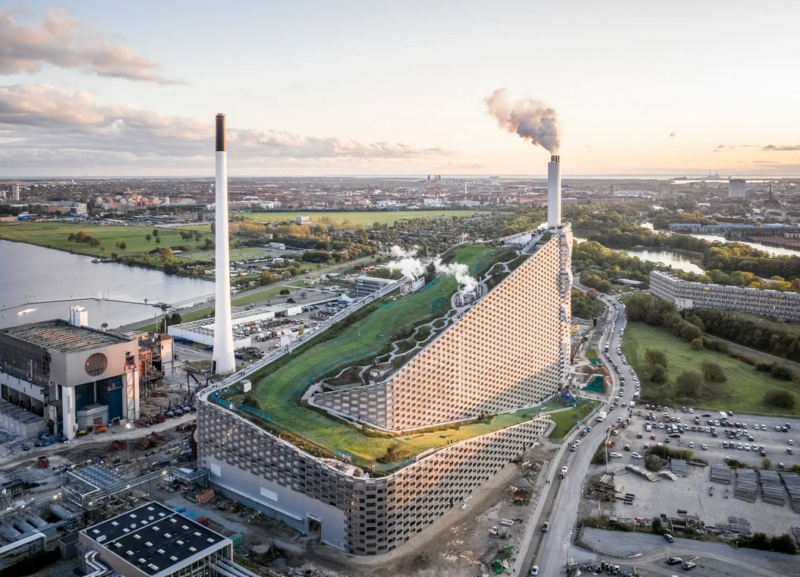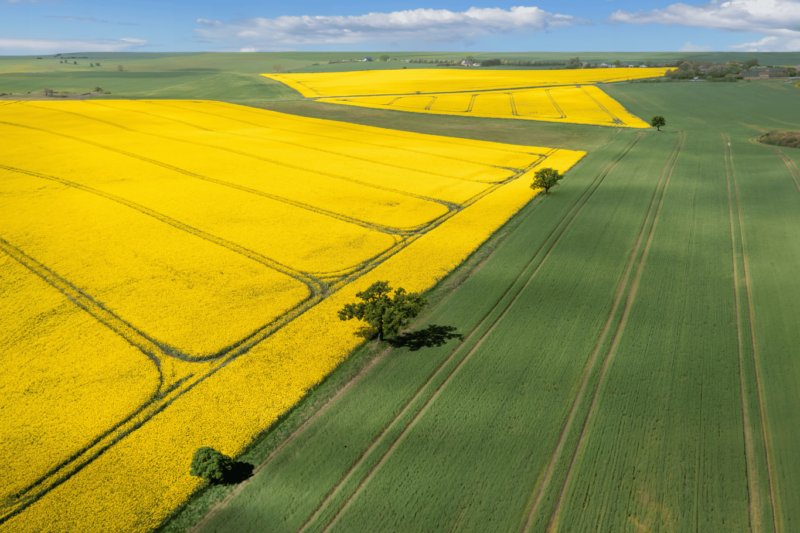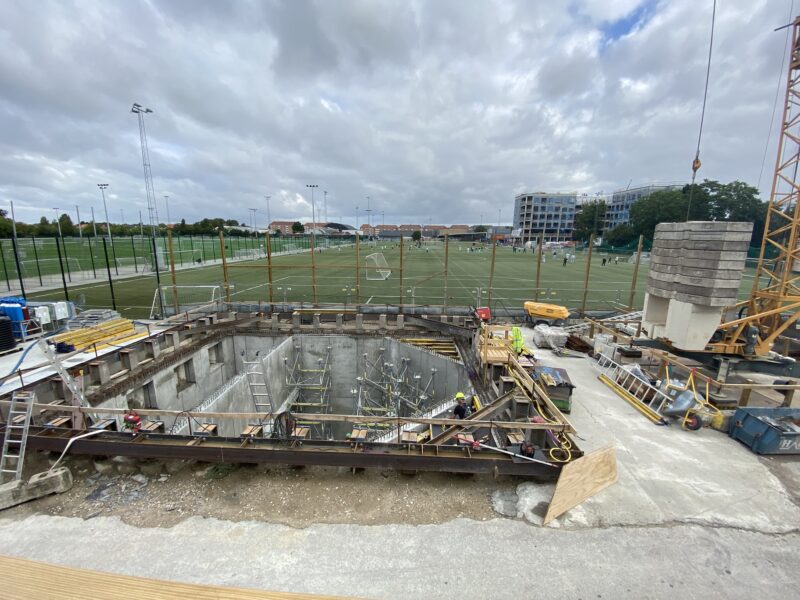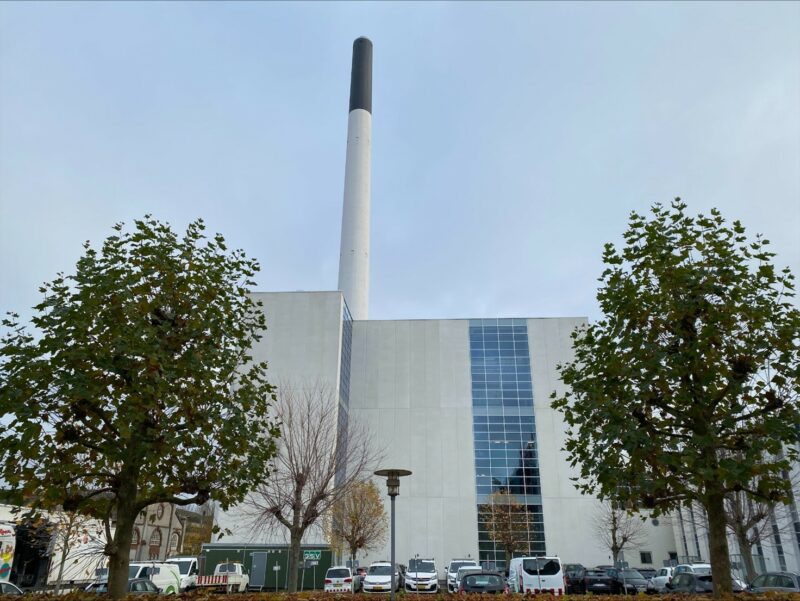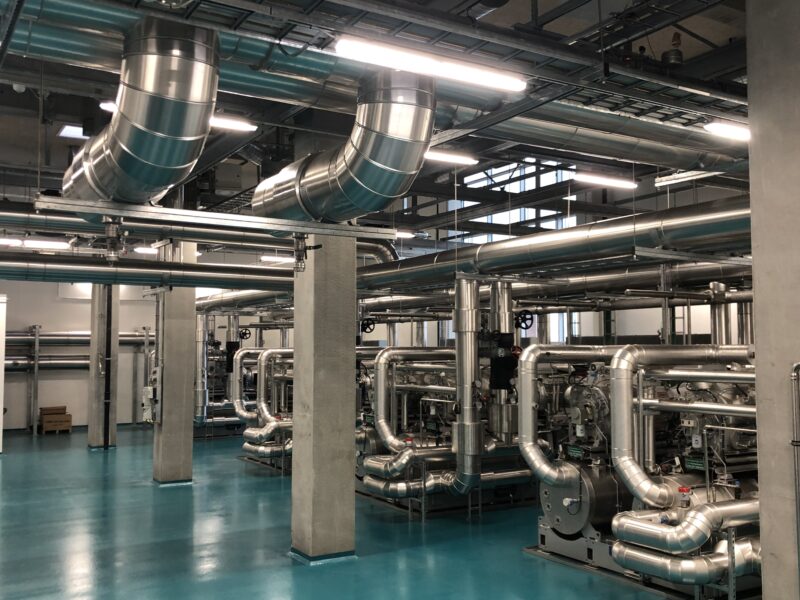News
Climate change adaptation
District energy
District heating
+7
Co-Creating the Smart Cities of Tomorrow


“Co-creating the Cities of Tomorrow – Danish Smart City Competencies in the Singaporean Market” is a report delivered by Quercus Group and commissioned by the Danish Royal Embassy in Singapore. The two countries’ 50 years of collaboration and mutual long-term interest in sustainability were the grounds of the project. The report highlights Singaporean and Danish needs and capabilities in regard to their smart city agenda. At the same time, it lays the foundation for impactful collaborations between the two nations’ various stakeholders.
Singapore, like many cities across the globe is facing the challenges of an ageing population and growing energy consumption. These challenges are amplified by being one of the world’s most densely populated cities and having a fundamental context of resource-scarcity. Therefore, Singapore has launched an ambitious plan to become the world’s first leading Smart Nation, an objective that certainly is within reach, but which requires innovation on several fronts ranging from the hard technological aspects to the softer policy parts. The government is thus investing heavily in urban development, high-tech solutions, a culture in which citizens are involved in the city’s life and projects that encourage high levels of co-creation across sectors.
According to the report, the Singaporean government has three main areas in the spotlight for development, which are referred to as the ‘big moon shots’. They include urban habitat, intelligent transport solutions and health, areas where radical innovations are expected. However, there are also vast opportunities for Danish solutions and expertise within water, renewable energy and waste.
Denmark has a strong history of going green. In the 1970s, Denmark was the first country in the world to establish a Ministry of Environment and since then everything has turned greener and greener. The capital city of Copenhagen has won awards such as the Europe’s Greenest Capital, Best City for cycling and the most liveable city in the world. Currently, visible progress is made to become the World’s first CO2-neutral city by 2025, which reinforces the commitment towards a smarter future.
If you are intersted in facilitation of multi-stakeholder collaborations, do not hesitate to contact us! For more information about the project or how Quercus Group can help, contact Nicolai Sederberg Rottbøll - [email protected]
You should consider reading
solutions
Combined heat and power production
+6
